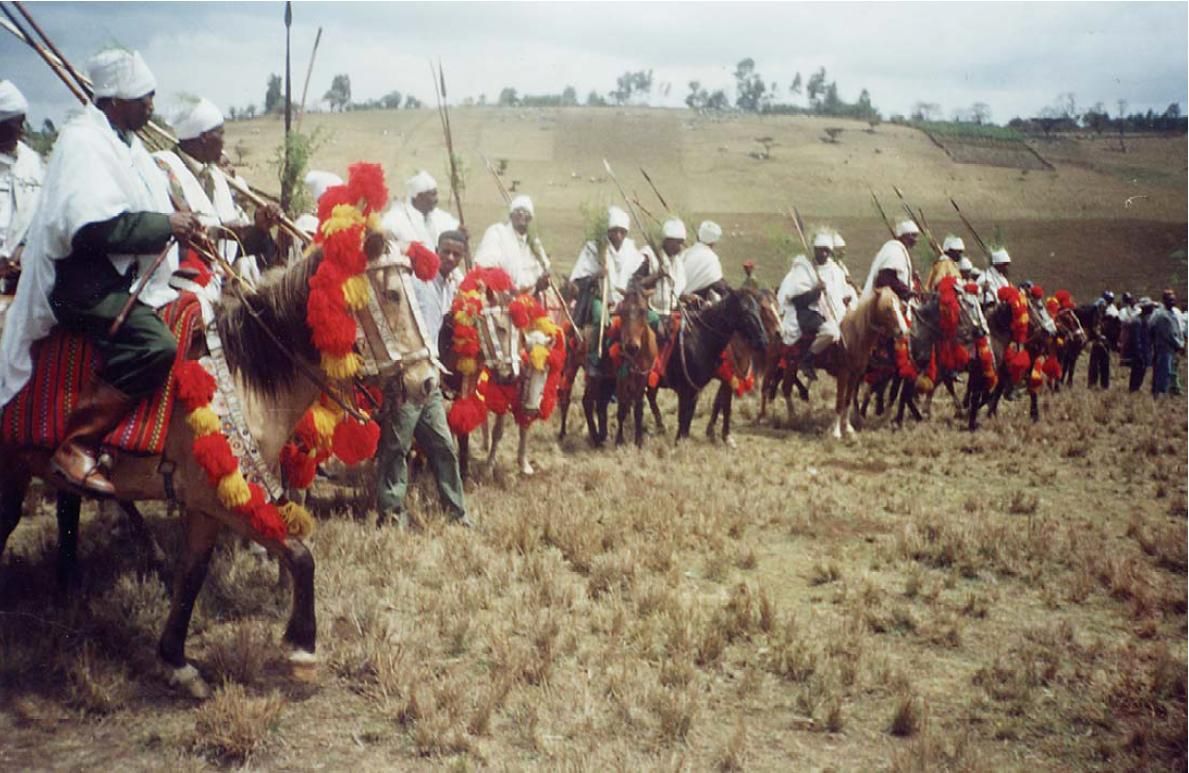
People from various nations and nationalities have accorded warm farewell ceremony to the slain army generals and politicians following last week’s failed coup in Amhara State. The ceremonies reflect the values the people attach to people of high profile and achievements.
Matebie Tilahun, Oral Literature Development Expert at Ethiopian Cultural Center with Ministry of Culture and Tourism says in his birth place called Tilili Woreda, located in West Gojam Zone of Amhara state, formal mourning ceremony is given due importance. Weeping is not only restricted to sorrow, it is rather also to strengthen the societal interaction.
According to Matebie, the formality of the mourning ceremony varies depending on the deceased person’s age, sex, life time accomplishments and the like. In addition to this, family or friends of the deceased person try to depict the achievements of the person by holding equipment and tools like spear, gun, and sword and chanting songs to describe.
But it does not mean that the whole participant holds the tools, rather the tools are held by individuals who are well versed in their use and can chant moving ballads. The ballads are so powerful that attendants of the funeral ceremony are likely to break into tears involuntarily.
Among the techniques, traditional poem and oral literature help to express the departed hero. However, the persons do not gain any benefit related to payment. Furthermore a local equestrian association attends the ceremony to add formality or color for it. These shows that they give respect to the deceased even if they are not members of the horses association.
As to him, mourning ceremony plays indispensable role in instilling in the minds of the attendants the different challenges, ups and downs that the deceased person passed through.
On the other hand, if the deceased is a man or a woman used to provide food for needy, or was a mediator and hard working then traditional tools like drinking horn and horse’s flywhisk for an elder and moseb for women should be provided during the funeral period to express the deceased was intelligent.
Tegelu Gezu (PhD) lecturer at Wolkite University says among the Gurage people of South Nations, Nationalities and Peoples Region, the funeral ceremonies are opportune moment to narrate the valuable deeds of the deceased person to the youth and forthcoming generation. The youth can learn from what the person accomplished during his lifetime.
In this regard, warrior, nobility, mediator, patriots, school builders, protect own religion and respect for others , keep responsibility and the like are provide during the weeping period to give information about the departed enable to continue the significance action towards for better future .
Particularly, people express sorrow along with their admiration to the deceased by chanting ballads. The contents of these ballads motivate youth to be responsible citizen, continue good relation, and create heroes.
In Guragie, a hero is seen as leopard or lion due to the action is acceptable by the community that what he did for the past living period. Among prominent people whose accomplishments are narrated to this day include General Lamade, Darsamo, General Wolde Bereka are Ethio-Somali war veterans, he recalled.
Oromia State Culture and Tourism Bureau Vice Head Kebede Desisa, said that Oromo people perform various activities during death of a hero. Among these, using horses are should be selected deliberately which have better for active and clever manner. And the selected man who enable to riding the horses with holds deferent traditional tools like sword to describe the deceased.
During a Funeral ceremony, biography or history of the deceased heroic person is read out so that the youth listen silently and carefully that to understand the deceased one who is he or she and contribute for the society in particular and for country in general. These have playing crucial role to continue the adventure action, intelligence, and good manner for youth and society, Kebede noted.
The Ethiopian Herald, June 29/2019
BY MESERET BEHAILU





